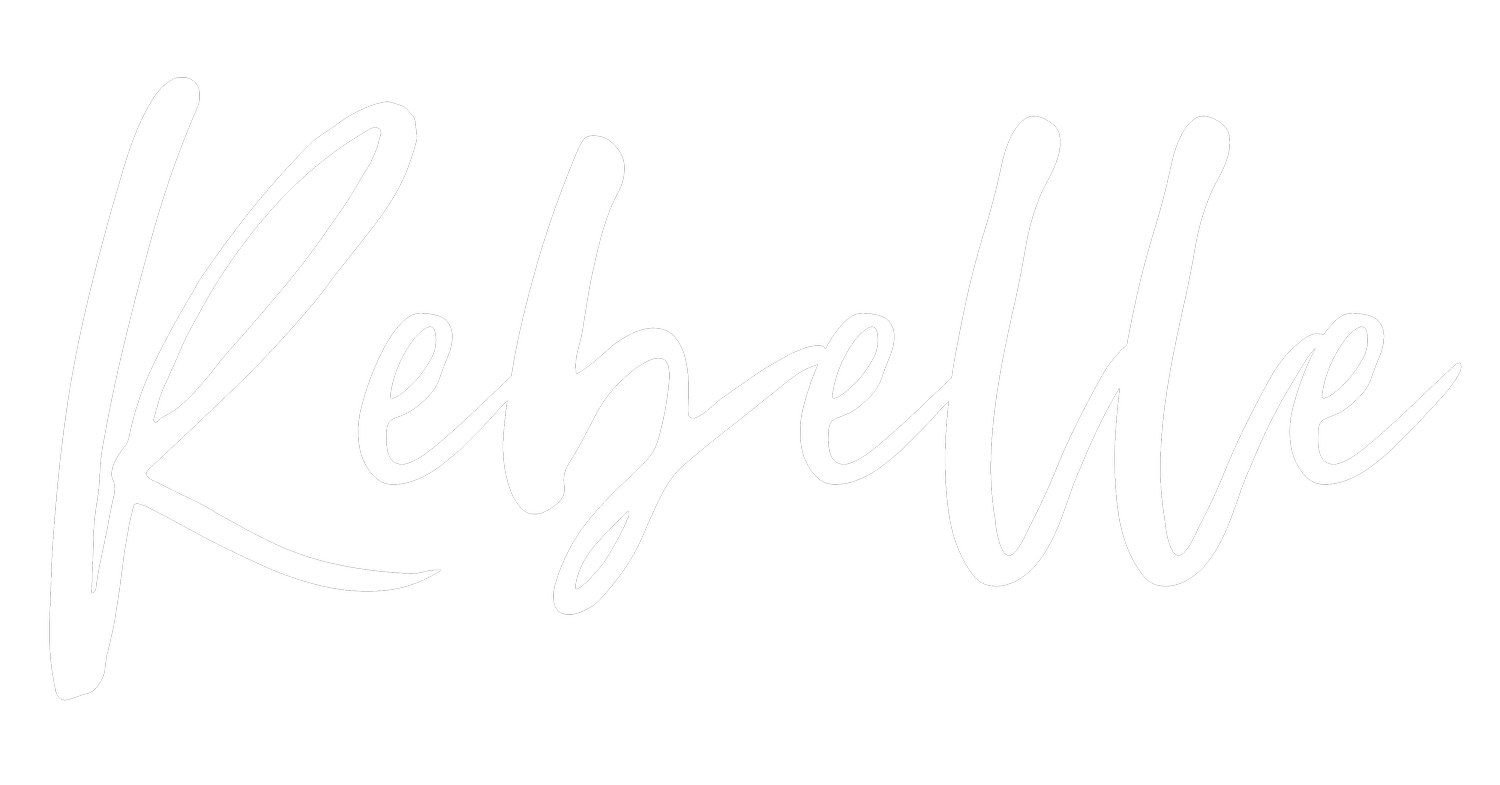Work Smarter, Not Harder: 5 Ways To Stress Less
How I manage to have a stress free work week.
As someone who is diagnosed with a mood disorder and suffers from chronic symptoms outside of that diagnosis, I know how difficult it can be to “show up” for my work, let alone make it through the day with limited stress and struggle. I used to think that my physical symptoms would hold me back from accomplishing my big goals which caused me a lot of internal turmoil.
As more conversations are happening around mental illness, disabilities, and neurodivergence in the workplace, I am encouraged to know that needing accommodations to do our best work is becoming a more mainstream topic.
My output may not be the same from one day to another (I’m not a robot after all), but when I hold true to the habits that I have tested and know support my work both creatively and functionally, I can feel at ease in knowing that I can and will complete the tasks that are most important for me to feel successful in my work.
Sure, I may not have the same amount of energy every day, or the same excitement for all of the tasks I need to complete (ahem, taxes), but if I stay committed to the practices outlined below, I can move through my week with much less stress.
Cancel or reschedule unneeded meetings.
The process of brainstorming and collaborating is something that I really enjoy, but too many meetings will deplete my energy very quickly. This is why I take a look at my calendar at the beginning of each week and like a ruthless pirate, I cancel or reschedule anything that isn’t a) paying me, b) serving my highest priority goal, c) absolutely have to do, d) I really really wanna do it. And if the calendar is too full with a-c, level d has to go, too. If guilt ever arises for canceling, I remind myself that I’m not able to show up my best if I show up already overbooked.
Schedule for my energy.
I’ve learned that my ability to perform different tasks changes throughout the day. I am sharpest in the early morning which is when I can reply to emails quickly, create content, and do other computer based work. I protect this time by not scheduling meetings before 10 (or later if possible). I schedule meetings midday or late afternoon and reserve my last hour of the working day for winding down and setting up for the next day.
Enact an end of day ritual.
Speaking of winding down, an end of day ritual is one of the ways I close my brain tabs and set myself up for success the following day. The most important part of this ritual is writing out my to do list for the following day. By documenting my top priorities for the following day I feel confident that I won’t forget something important and I don’t have to keep rolling it around in my mind during my non-working time.
Nap/rest.
My body needs a lot of rest. I take a nap every day in the afternoon to reset my system. This is something I used to feel guilty about, but recognize I can function better and feel less depleted if I just take the time to rest. This break in the middle of my day works for me, and that is something that no one should feel ashamed of.
Review my self-care checklist.
I can easily get swept up in work that excites me and forget about my basics. Which is why if I start to feel especially anxious or stressed during my work day, I head back to my self-care checklist. Did I eat, drink water, take my meds, move my body, meditate, phone a friend, and rest? If the answer is no to any of those things, I know I need to take a step back and care for my basic human needs before moving on to the next task.
What I’ve learned through the trial and error of testing different ways to feel productive and manage my own stress while working is that everyone is different. We all have different needs and ways that we can reduce stress. I hope you take up the space you need to do this for yourself.


